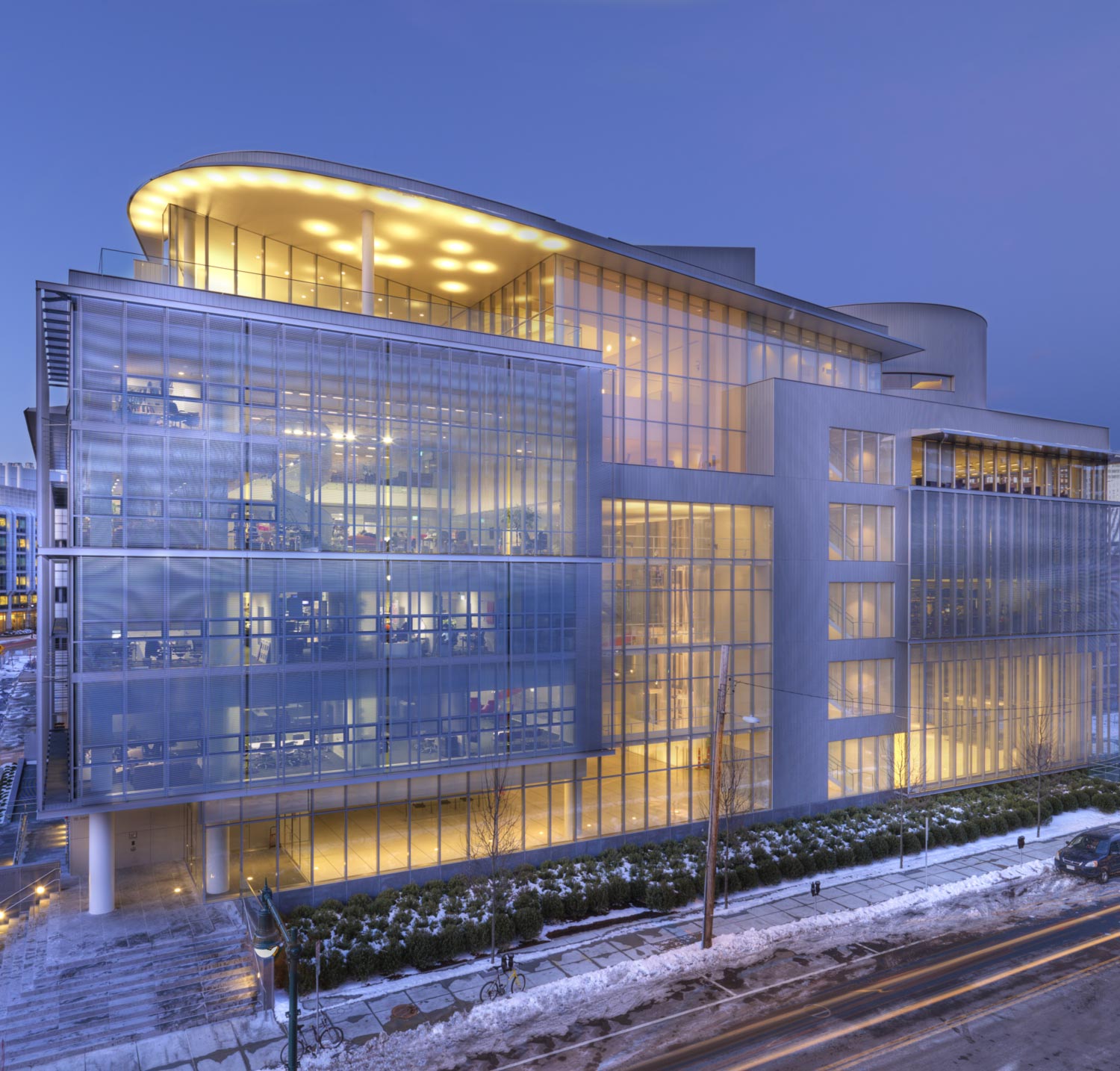Solve at MIT 2019
Thank you, Alex! And good afternoon! It is a tremendous pleasure to welcome you all to Solve at MIT! And a special greeting to the 2018 Solver Class and the Indigenous Communities Fellows! Welcome to MIT!
As we get started, I invite all of you to look around and appreciate this incredible cross-section of human creativity: Scientists and technologists. Executives, activists and artists. Physicians and politicians. Ecologists and economists. Roboticists and humanists. Teachers and students.
Each of you has brought with you, not just your profession and expertise, but also the complex communities you represent – your nation, your culture, your company, your neighbors.
It may be getting crowded in here! But if we want to get big and meaningful things done, this is what the problem-solving table needs to look like!
So we are delighted that you are here with us to dig in – and start Solving.
Let me offer some important thank-yous.
First, our gratitude to all our speakers, including the participants in this opening session on “Tech for Equality”: Moderator Stephanie Mehta and panelists Mark Reuss, Alaa Murabit and Joi Ito. Thanks also to Solve’s generous supporters – General Motors, the McGovern Foundation, Flagship Pioneering and Vodafone Americas Foundation. We are also grateful to the many brilliant MIT faculty who enrich Solve with their passion, ideas and expertise.
I must offer a very special thanks to Solve’s Executive Director Alex Amouyel. Alex and her remarkable staff not only create all of our Solve events, near and far, they are putting Solve on a very exciting path for the future. Thank you, Alex!
And above all, I want to thank the Solve community, and especially all the Solvers – as well as all applicants to Solve! – for their imagination, dedication and courage. Please join me in offering our gratitude and congratulations to everyone involved.
MIT created Solve for a simple reason: We really like to solve important problems – and we know we cannot do it alone.
Our motivation and drive to do good for the world is right there in MIT’s mission statement: To advance knowledge…educate students…and bring knowledge to bear on the world's great challenges – for the betterment of humankind.
That is a powerful reason to get out of bed in the morning! But at a time of such serious global challenges, it is also a drive that keeps us up at night.
On our campus, that mission has created a deep culture of real-world problem-solving and a pervasive commitment to serve society.
And yet we know very well that MIT is not the only place with such a skilled and gifted community of problem-solvers who want to do good. And we understand – with the greatest humility – that even the most brilliant technologists and scientists cannot make progress against the most serious global challenges alone.
In fact, we recognize that many of the really big problems for our society are global, that most of them will require a combination of solutions that are local, and that many will need substantial capital or connections beyond the local, as well.
So, for us at MIT, the conclusion was obvious: We must keep pushing forward in our own research, education and innovation. But we must also reach out in new ways. We must connect with new partners – with people in every sector who share our passion and drive to do good for the world.
And this is where all of you come in – and fill up that incredible problem-solving table.
As we all know, humanity is confronting some very significant challenges: How to feed, educate and employ the coming human population of 9 billion. How to repair the lives of the millions who struggle today as refugees. Or how to make headway against chronic diseases. Or take effective action against rising seas, and the changing climate. Or how to make sure that technology continues to create more opportunity than it destroys.
At the same time, this is a moment when many longstanding assumptions have been turned upside down, in the US and many nations around the globe. In many places, voters are redefining traditional parties. Countries are reconsidering their relationships. Societies are questioning their ideals. And the public is having doubts about established institutions.
In effect, just as humanity faces so many serious – and truly global – problems, the mechanisms we once counted on to solve those problems are having serious problems themselves!
I take all that to mean that we could not be here – ready to Solve! – at a more important time. And I am extremely proud to be in the company of people with such courageous creativity.
I began by emphasizing the amazing range of your backgrounds and talents. But I want to close by asserting that you all share one fundamental quality. I believe you are all healers. You see clearly the wounds of our planet and our society. You know they are serious, and urgent – even dangerous. But your instinct is not to look away, nor to give up, nor to conclude that it is someone else’s responsibility.
Instead, your instinct is to reach out and repair the damage, to treat the symptoms – and to work with others to find the cure.
The spirit of healing is the spirit of Solve. And it is a tremendous honor to share this work with you.
Now – let’s get started!


